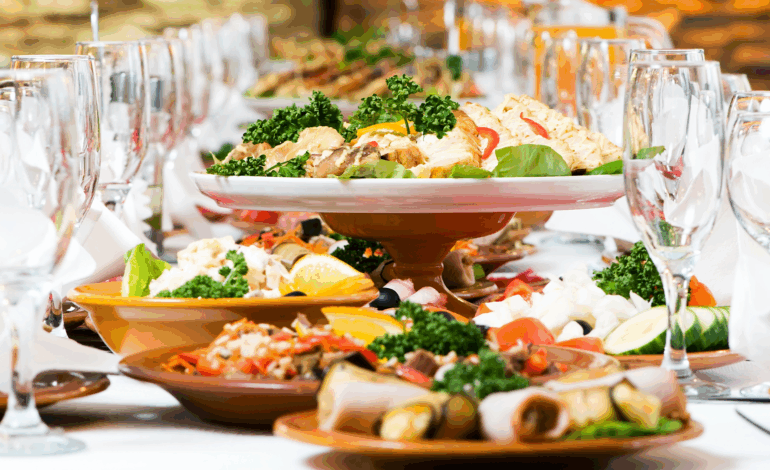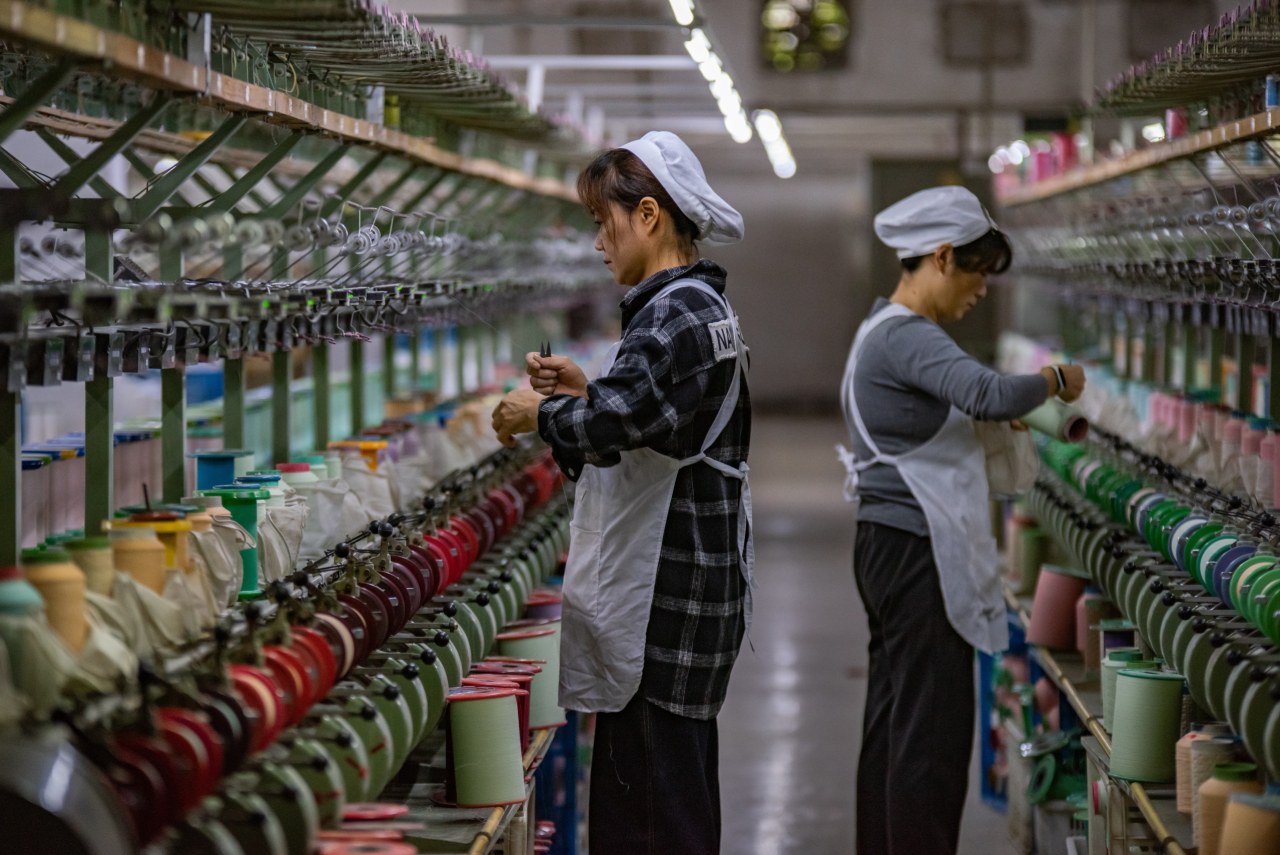Researchers Uncover Political Power of Food in Diplomatic Menus

A recent study conducted by researchers in Portugal has unveiled the significant role food plays in diplomatic relations. By analyzing menus from diplomatic meals spanning more than a century, the team has demonstrated how culinary choices can reflect political messages and influence international relations.
The research, published in the journal Frontiers in Political Science, examined 457 menus from state banquets, diplomatic dinners, and receptions held between 1910 and 2023. Co-author Óscar Cabral, a researcher at the Basque Culinary Center, emphasized the importance of these meals in executing and sustaining Portuguese foreign policy. He noted that they serve as a platform for cultural exchange and political communication.
Historical Insights from Menus
Throughout the years, the menus analyzed reveal distinct trends in the culinary choices made during these important events. In the early 20th century, lavish meals featuring French cuisine dominated the scene. However, a pivotal change occurred during the dictatorial Estado Novo period from the 1950s to the early 1960s, where there was a marked shift towards the promotion of Portuguese products and regional cuisine. This was a time when food began to convey a sense of national identity.
For instance, during a 1957 lunch for Queen Elizabeth II, the menu showcased dishes from Portuguese regions, which aimed to embody “Portugality.” This shift towards showcasing local culinary heritage aligned with a broader emergence of gastronomic nationalism.
The study also highlighted how menus were designed to address contemporary issues. For example, at the COP25 climate conference in Madrid, certain dishes were named to reflect urgent climate concerns, such as “Warm seas. Eating imbalance” and “Urgent. Minimize animal protein.”
Evolution of Diplomatic Meals
As the decades progressed, diplomatic meals increasingly featured unique and rare ingredients. Notably, in 1971, trout from the Azores was served to the American and French presidents, while in 1973, Prince Philip, the Duke of Edinburgh, dined on turtle soup. These choices reflected not only local culinary pride but also shifting global dynamics.
The mid-1970s brought further changes as Portugal’s former colonies gained independence. This political shift influenced how Portuguese cuisine was perceived and presented. References to specific colonial origins in food descriptions diminished, signaling a broader transformation in national identity.
The research identified five key functions of diplomatic meals: tactical, geopolitical, economic diplomacy, scientific/cultural/developmental, and cultural proximity. Each of these functions serves a specific purpose, from reinforcing territorial claims to fostering commercial relationships.
Cabral noted that cultural proximity meals often emphasize shared culinary traditions, particularly with Portuguese-speaking countries. Dishes like Cozido à Portuguesa (Portuguese stew) are intentionally featured to strengthen ties through shared gastronomy.
Challenges of Gastronomic Identity
The study raises important questions about how gastronomy can shape a nation’s global standing. Cabral emphasized that integrating culinary practices with Portugal’s language and values is vital for enhancing the country’s cultural identity on the world stage.
However, the research faced limitations due to the availability of archival material from specific historical periods. The team suggests further investigation into seemingly contradictory menu choices, such as the serving of roast beef to the Indian president in 1990.
Another noteworthy dish highlighted was the Consommé de presunto de Barrancos, a soup made from cured ham, served to King Felipe VI of Spain in 2016. This dish presents a unique cultural challenge, blending French culinary techniques with a distinctly Portuguese ingredient, raising intriguing questions about national identity and culinary diplomacy.
Through their findings, the researchers have illuminated the complex interplay between food and politics, showcasing how menus can serve as powerful tools in the realm of international relations.






